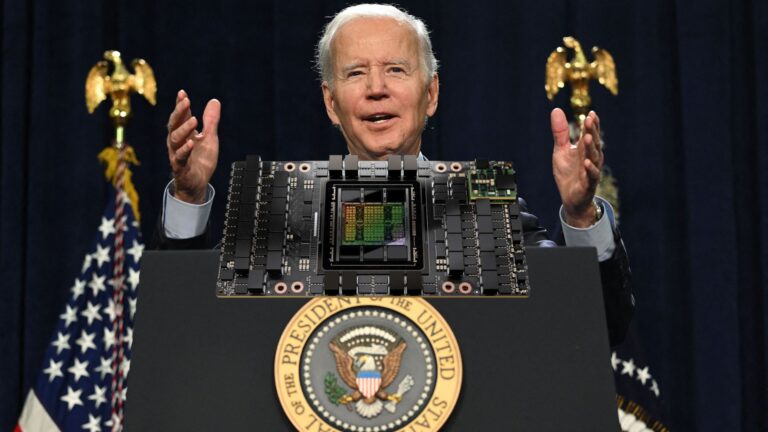
The aim is to accelerate the development and deployment of artificial intelligence (AI) for the U.S. government.
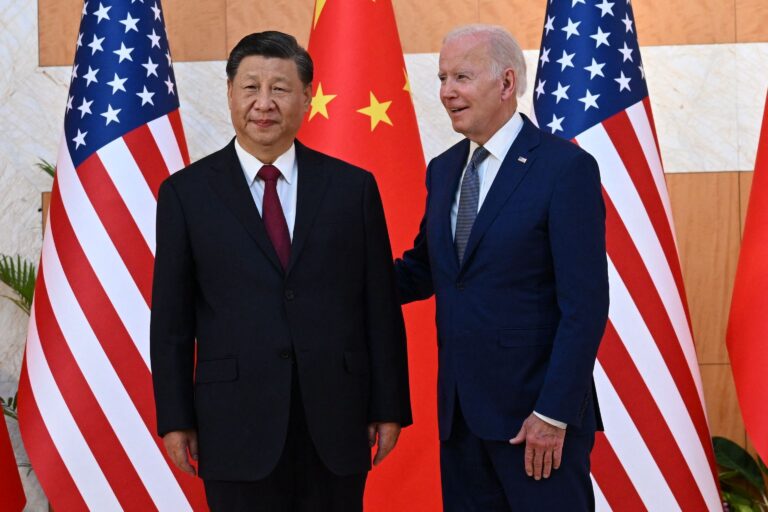
"We have revoked certain licenses for exports to Huawei," the Commerce Department said in a statement, declining to specify which ones it had withdrawn.
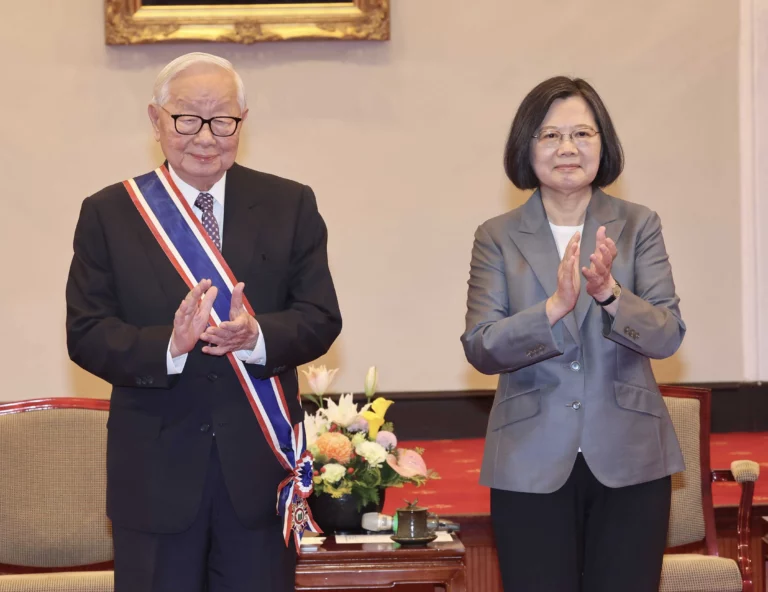
The combined net revenue of 1,101 listed manufacturing companies stood at NT$18.877 trillion, marking a 10.7% year-on-year decrease.
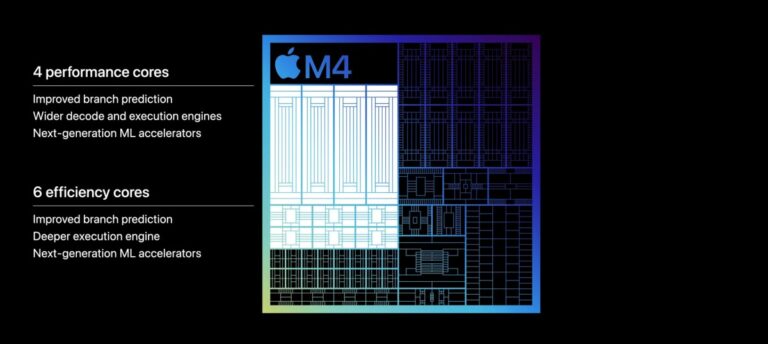
The new ipad pro with M4 Chip has the world’s most advanced display, Ultra Retina XDR. The first-ever M4 chip. And it’s designed to be an AI powerhouse.

This breakthrough could pave the way for more than 400 layers of 3D NAND, a significant leap from current standards.
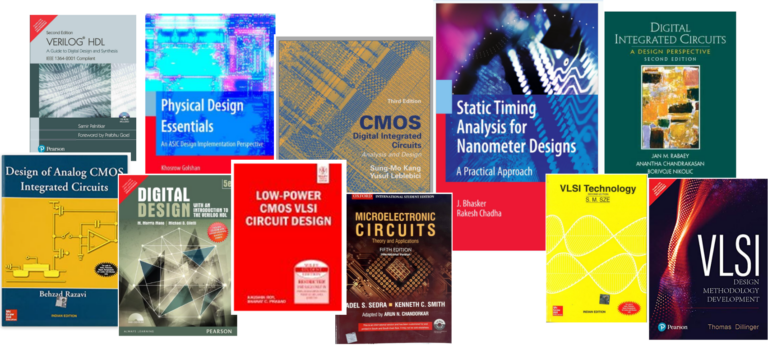
In this blog post, we'll explore the Top 5 VLSI Books tailored for beginners, serving as the building blocks for your journey into the fascinating world of CMOS design.
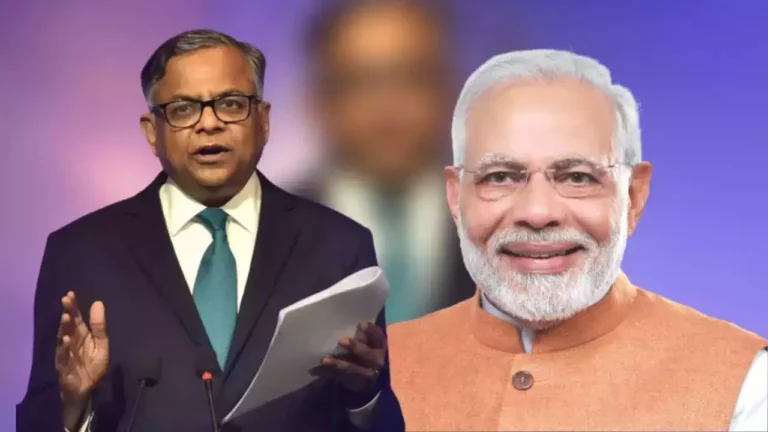
The chips are being sent to potential customers in the US, Japan, and Europe, likely for testing and feedback to improve the designs.
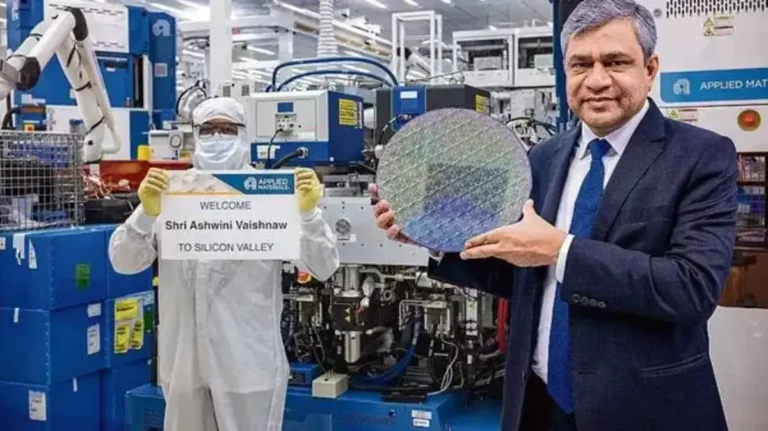
As software becomes more standardized and widespread, attention is shifting towards unique and optimized hardware solutions. This marks a pivotal moment where hardware is reclaiming its importance in technology, something unprecedented since the industrial revolution.
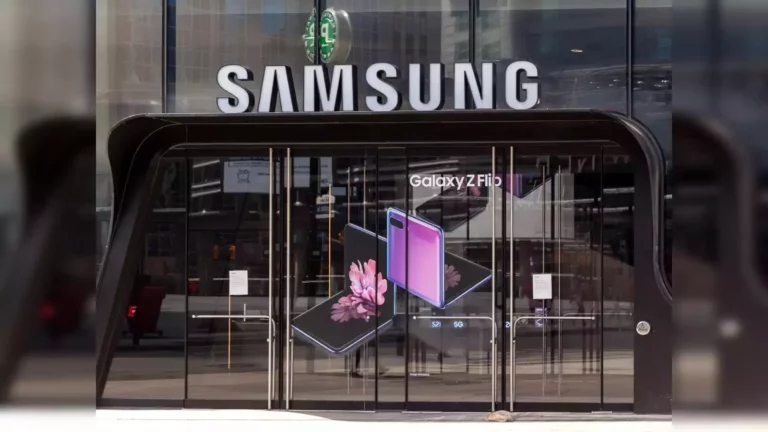
The semiconductor production ecosystem comprises several stages, including design (fabless), design solution (DSP), production (foundry), and assembly and testing.
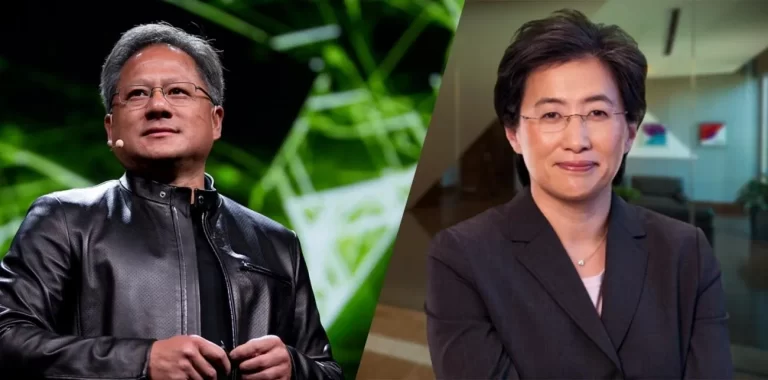
These two chipmakers are at the forefront of HPC innovation, and by securing TSMC's capacity, they ensure they have access to the most advanced packaging technology for their next-generation HPC chips.










